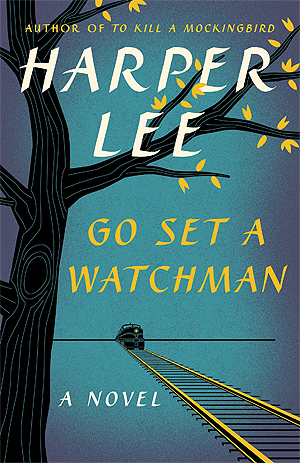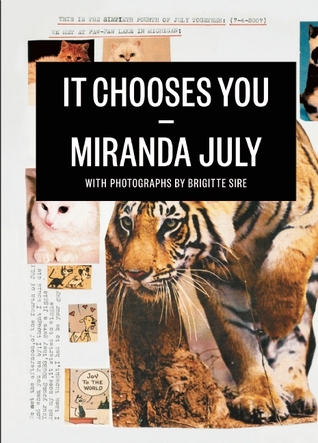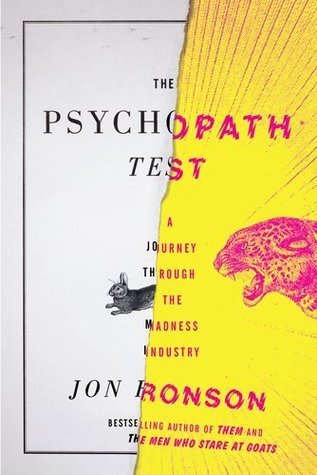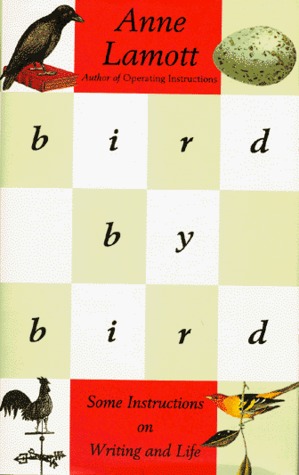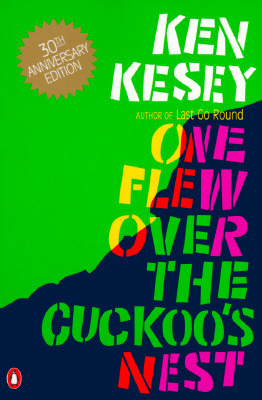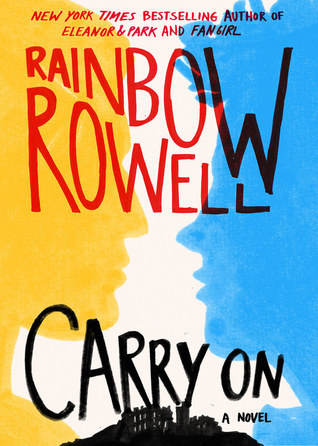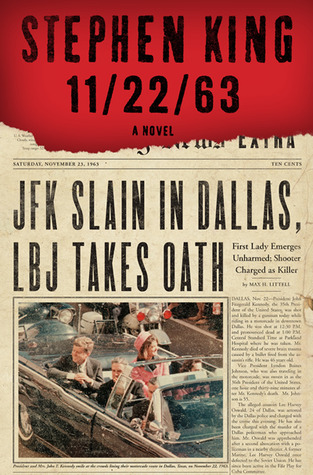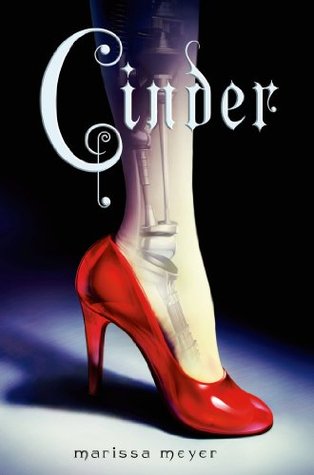This month I ripped through books at a pace that surprised even myself! One week I finished five books in five days. It’s bound to happen, I suppose, because I read so many books at the same time that I can finish a bunch in a row.
Despite my best efforts, I cannot resist reading less than eight books at once:
Parable of the Sower and Parable of the Talents are a duology by Octavia E. Butler that were written in the 1990’s and set in a dystopian America in the 2020’s. Usual dystopias that I read feature oppressive government control; these show a country on the verge of anarchy. Poverty, substance abuse, vandalism/robbery/rape/murder, and extreme drought are the backdrop for Olamina to set out on her own to develop a community based on the principal of a religion that she leads called Earthseed. The mantra of the religion is “Change is God”, and her goal is to advance the community so much that they start a fresh life on another planet. The novels don’t reach that far into the future, and the mostly focus on how hard it is to inspire trust and win commitment in relationships when everyone is hellbent on self-preservation. What was most interesting to me was how Butler predicted the appearance of a Donald Trump/Ted Cruz character, down to the line of “make America great again.” Butler herself is an interesting person—an African-American female science fiction writer who earned a lot of awards for her work.
I continued the Lunar Chronicles series by Marissa Meyer with reading Scarlet. I was let down by the cartoonish new characters and predictable plot. Probably not going to finish reading the series.
Though there are literally hundreds of people waiting for the e-book copy of Go Set a Watchman by Harper Lee, no one seems to want to listen to the audio (even though it’s read by Reese Witherspoon). So I snatched that up and was proud of myself for keeping my vow that I wouldn’t read the book until after Ms. Lee had passed. My brief responses to the FAQs:
I made a conscious decision to read more female authors this month, and want to continue with that for the rest of the year. I should have tried to take a history of feminist lit class to fulfill my gender studies requirement in college… though I am thankful that such an abundance of material exists on the subject that is totally easy to find and read for free online. I started making my way through feminist classics with A Room of One’s Own by Virginia Woolf . If you haven’t read it already, you should know that it is an extended essay that was fleshed out from a talk that Woolf gave to a girls’ college about the absence of female authors in literature. Woolf makes surface-level observations, but it’s a perfectly good place to start to lay a foundation for future readings. It reminded me of feminist art in the 1960’s-70’s (Judy Chicago, et al)—very blatantly obvious about what it was trying to communicate, but it was appropriate for the time, place, and context.
Immediately after, I read A Rogue by Any Other Name by Sarah MacLean. Maybe you don’t see the connection between an extended essay about women’s exclusion from literature and a romance novel, but the connection exists in my mind. The heroine in A Rogue by Any Other Name is fighting for her rights to make life decisions for herself instead of her father, fiancé, or society to make them for her. The point is that females can do things too and don’t need the peanut gallery to make a running commentary about it! I picked up this romance novel on Amanda Nelson‘s recommendation and because I thought, “Hey, I’m an adult, I can read what I want and I don’t need society shaming me into reading or not reading something.” I did feel proud that I read that book, silly smut and all, because it felt like cutting one more string to caring about doing things because it’s what people want me to do instead of what I actually want to do. I'm working towards my goal of becoming the Honey Badger.
Bird by Bird (Anne Lamott) and It Chooses You (Miranda July) approach the same subject in slightly different ways. What do you do when you want to write something but you are procrastinating on actually sitting down and doing it? Both books were a delight to read, well worth waiting for years on the waitlist, and I reviewed them together because they are so closely related.
I finished Sandman: Endless Nights by Neil Gaiman in Portuguese. My boyfriend keeps telling me to read Neil Gaiman stuff, and I keep doing it, and I keep not liking it. He and I do have similar tastes that often overlap, but there are many cases where they don’t. Dear readers, should I trust him once again and give a final try on American Gods?
I was let down by The Psychopath Test (Jon Ronson), too. I blogged about my disappointment, because I hoped that I would be able to spot the psychos living around me if I read that book. Maybe this reveals a hidden motivation for trying to understand why people in Brazil do what they do (I bet they’re just psychopaths. Let’s find proof.), or maybe it just means that I’m tired of reading books by white British dudes.
Despite my best efforts, I cannot resist reading less than eight books at once:
- Audiobook
- Poetry
- Fiction
- Non-fiction
- A Portuguese book for fluency
- A Portuguese book for vocab study
- Something on the ‘backburner’
- In Search of Lost Time
Parable of the Sower and Parable of the Talents are a duology by Octavia E. Butler that were written in the 1990’s and set in a dystopian America in the 2020’s. Usual dystopias that I read feature oppressive government control; these show a country on the verge of anarchy. Poverty, substance abuse, vandalism/robbery/rape/murder, and extreme drought are the backdrop for Olamina to set out on her own to develop a community based on the principal of a religion that she leads called Earthseed. The mantra of the religion is “Change is God”, and her goal is to advance the community so much that they start a fresh life on another planet. The novels don’t reach that far into the future, and the mostly focus on how hard it is to inspire trust and win commitment in relationships when everyone is hellbent on self-preservation. What was most interesting to me was how Butler predicted the appearance of a Donald Trump/Ted Cruz character, down to the line of “make America great again.” Butler herself is an interesting person—an African-American female science fiction writer who earned a lot of awards for her work.
I continued the Lunar Chronicles series by Marissa Meyer with reading Scarlet. I was let down by the cartoonish new characters and predictable plot. Probably not going to finish reading the series.
Though there are literally hundreds of people waiting for the e-book copy of Go Set a Watchman by Harper Lee, no one seems to want to listen to the audio (even though it’s read by Reese Witherspoon). So I snatched that up and was proud of myself for keeping my vow that I wouldn’t read the book until after Ms. Lee had passed. My brief responses to the FAQs:
- I believe that Harper Lee did not intend for the book to be published. Many passages are standalone short stories or underdeveloped dialogue—more of a polished writing exercise than material that moves the current of the novel forward.
- Atticus is racist, and no, it doesn’t appear to be an alternate universe Atticus.
- Reading GSAW did not change how much I like TKAM. Though it’s not set in an alternate reality, since I really believe that Harper Lee wasn’t finished developing this novel, it’s easy for me to categorize it as something totally separate, in its own box.
I made a conscious decision to read more female authors this month, and want to continue with that for the rest of the year. I should have tried to take a history of feminist lit class to fulfill my gender studies requirement in college… though I am thankful that such an abundance of material exists on the subject that is totally easy to find and read for free online. I started making my way through feminist classics with A Room of One’s Own by Virginia Woolf . If you haven’t read it already, you should know that it is an extended essay that was fleshed out from a talk that Woolf gave to a girls’ college about the absence of female authors in literature. Woolf makes surface-level observations, but it’s a perfectly good place to start to lay a foundation for future readings. It reminded me of feminist art in the 1960’s-70’s (Judy Chicago, et al)—very blatantly obvious about what it was trying to communicate, but it was appropriate for the time, place, and context.
Immediately after, I read A Rogue by Any Other Name by Sarah MacLean. Maybe you don’t see the connection between an extended essay about women’s exclusion from literature and a romance novel, but the connection exists in my mind. The heroine in A Rogue by Any Other Name is fighting for her rights to make life decisions for herself instead of her father, fiancé, or society to make them for her. The point is that females can do things too and don’t need the peanut gallery to make a running commentary about it! I picked up this romance novel on Amanda Nelson‘s recommendation and because I thought, “Hey, I’m an adult, I can read what I want and I don’t need society shaming me into reading or not reading something.” I did feel proud that I read that book, silly smut and all, because it felt like cutting one more string to caring about doing things because it’s what people want me to do instead of what I actually want to do. I'm working towards my goal of becoming the Honey Badger.
Bird by Bird (Anne Lamott) and It Chooses You (Miranda July) approach the same subject in slightly different ways. What do you do when you want to write something but you are procrastinating on actually sitting down and doing it? Both books were a delight to read, well worth waiting for years on the waitlist, and I reviewed them together because they are so closely related.
I finished Sandman: Endless Nights by Neil Gaiman in Portuguese. My boyfriend keeps telling me to read Neil Gaiman stuff, and I keep doing it, and I keep not liking it. He and I do have similar tastes that often overlap, but there are many cases where they don’t. Dear readers, should I trust him once again and give a final try on American Gods?
I was let down by The Psychopath Test (Jon Ronson), too. I blogged about my disappointment, because I hoped that I would be able to spot the psychos living around me if I read that book. Maybe this reveals a hidden motivation for trying to understand why people in Brazil do what they do (I bet they’re just psychopaths. Let’s find proof.), or maybe it just means that I’m tired of reading books by white British dudes.


